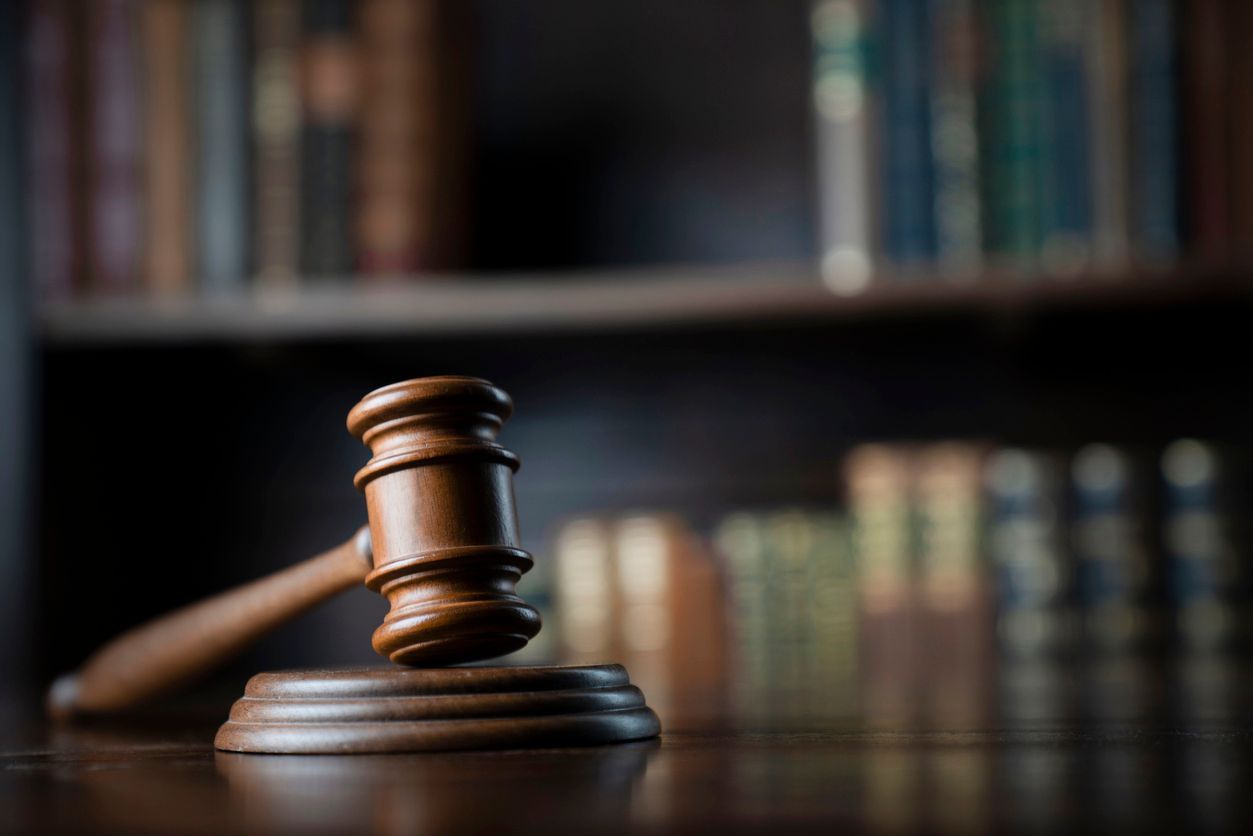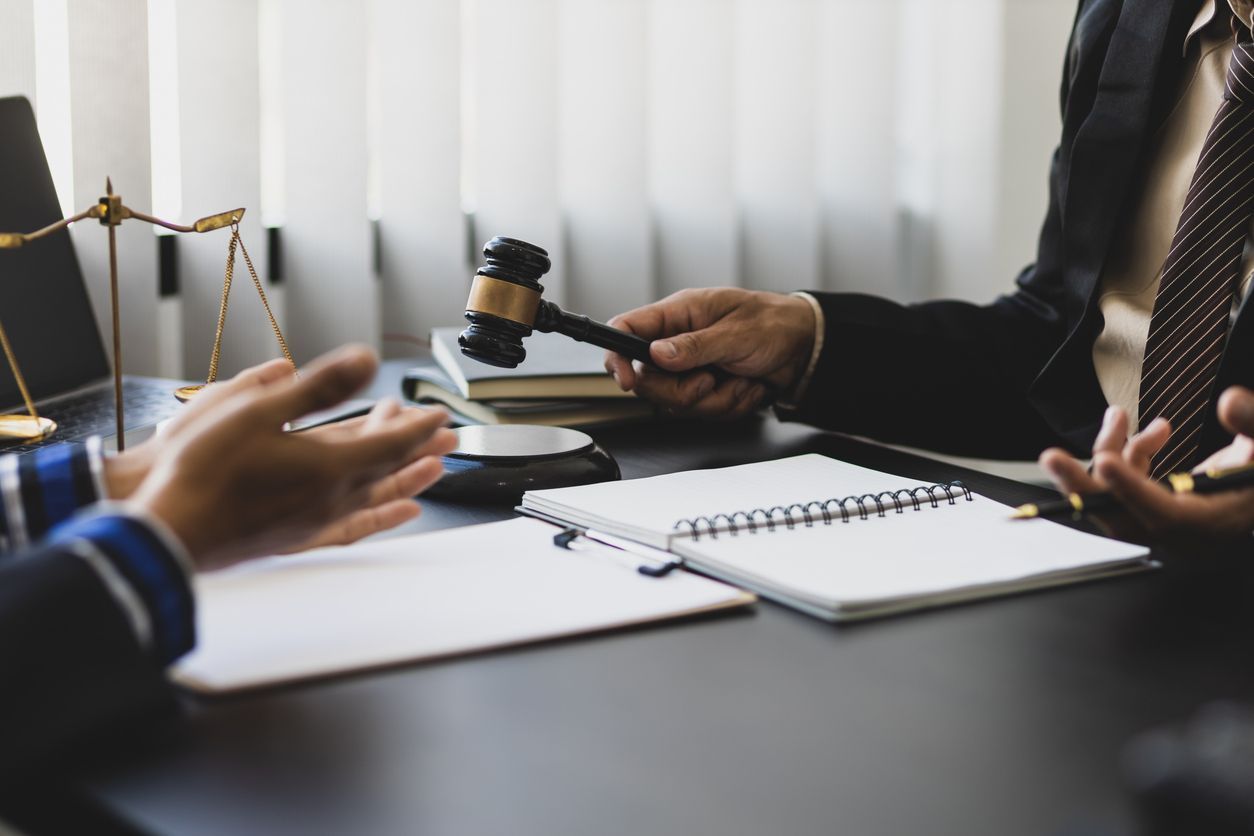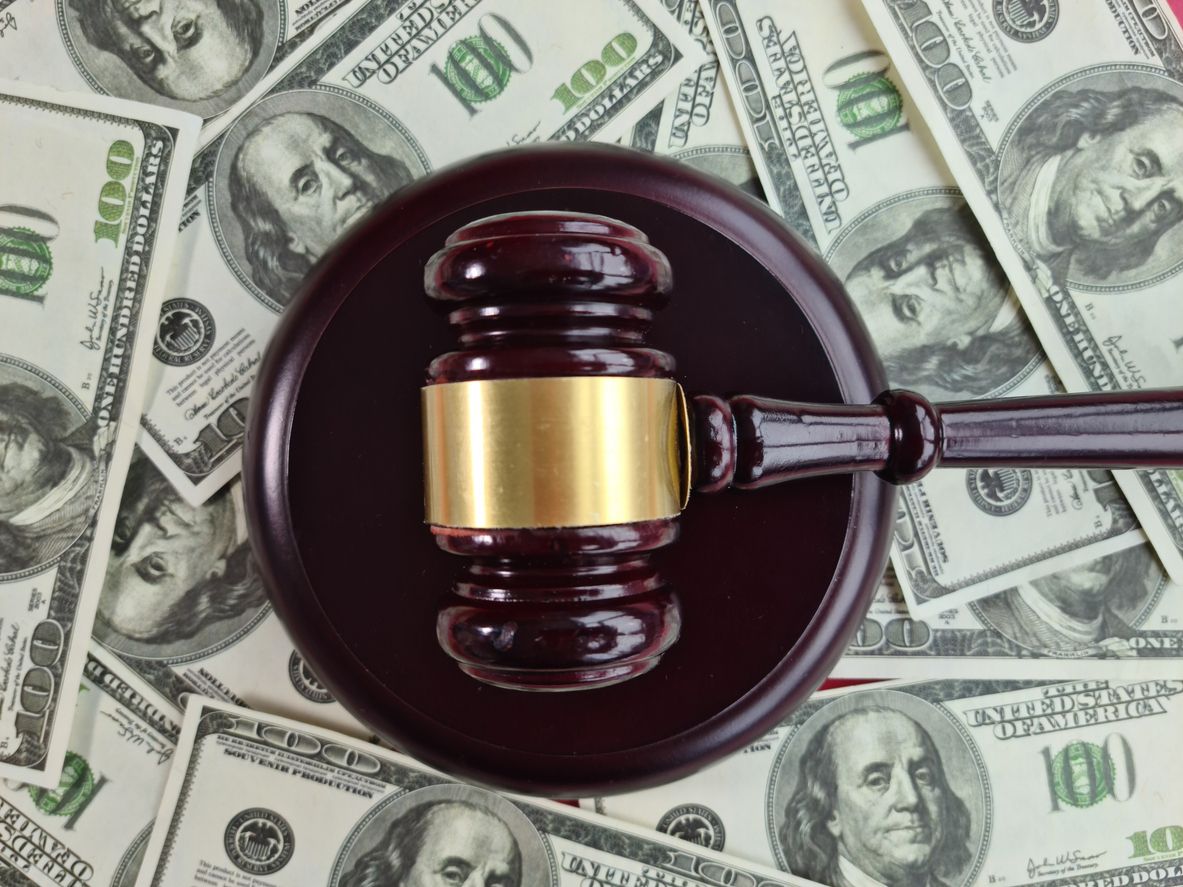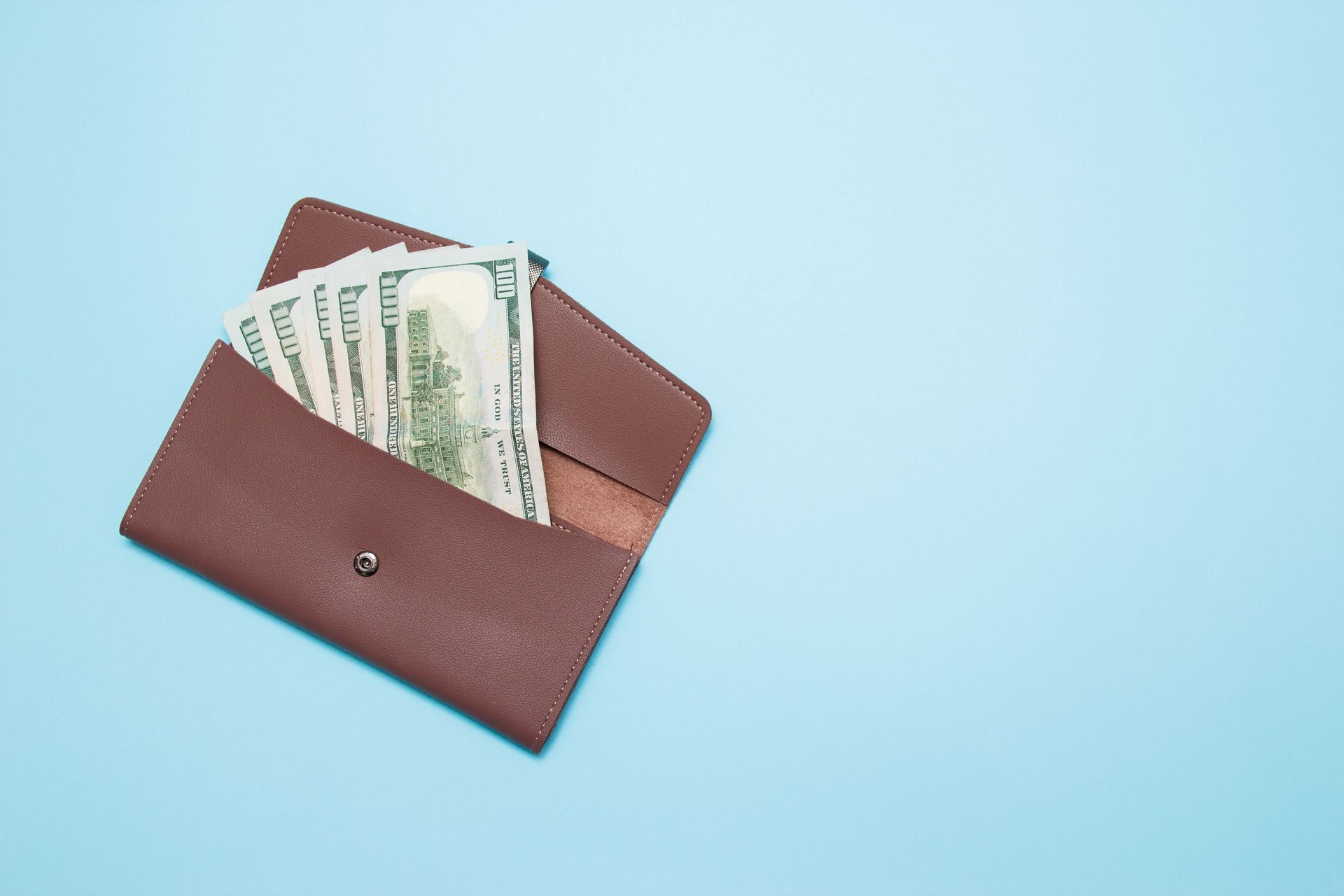Can I Keep My Home and Car in Chapter 7 Bankruptcy?
Can I Keep My Home and Car in Chapter 7 Bankruptcy?
At Frank & De La Guardia, we understand that financial struggles can be overwhelming. That's why our experienced and compassionate legal professionals are committed to helping Miami residents manage their debt and find a fresh start. Bankruptcy can be a complex and stressful process, but with the right guidance, you can make informed decisions that protect your assets and financial stability.
Chapter 7 bankruptcy, also known as straight or liquidation bankruptcy, is a form of bankruptcy that allows individuals to eliminate most or all of their unsecured debts, such as medical bills, credit cards, and personal loans. To qualify for Chapter 7, you need to pass a means test that compares your income to the median income in your state. If your income is below the median, you are eligible for Chapter 7. If your income exceeds the median, you might still qualify by demonstrating that you have significant expenses or special circumstances.
Under Chapter 7 bankruptcy, you can exempt or protect some of your property from being seized by the bankruptcy trustee to pay off your creditors. Each state has its own set of exemptions, which determine the type and amount of property that you can keep. In Florida, you can exempt up to $1,000 in motor vehicles, $1,000 in personal property, and an unlimited amount for homestead properties. If you have a car worth more than $1,000 and you want to keep it, you can use some of your homestead exemption to cover the difference.
However, if you have a car loan, the situation becomes more complicated. While you can still exempt the equity in your car, the lender can repossess the vehicle if you stop making payments. If you want to keep your car, you need to continue paying the loan during and after bankruptcy, or negotiate a reaffirmation agreement with the lender. A reaffirmation agreement is a legally binding contract that obligates you to pay the entire car loan, even if the remaining balance exceeds the value of the car. Before signing a reaffirmation agreement, you should consult with a legal professional to evaluate your options and risks.
Similarly, if you have a mortgage on your home, you might encounter difficulties in keeping it under Chapter 7 bankruptcy. While you can exempt up to the entire equity in your homestead property in Florida, the mortgage lender has a secured interest in the property, which means that they can foreclose on the property if you fall behind on payments. If you want to keep your home, you need to continue paying the mortgage during and after bankruptcy, or negotiate a loan modification or other alternatives. A legal professional can help you navigate the complex terrain of mortgage debt and bankruptcy and find a solution that works for you.
Filing for Chapter 7 bankruptcy can be a powerful tool for discharging unsecured debt and obtaining a fresh financial start. However, it also requires a careful evaluation of your assets, debts, and goals. If you want to keep your car and home, you need to understand the rules and options available under Chapter 7 bankruptcy and work with a legal professional who can guide you through the process. At Frank & De La Guardia, we are committed to providing our Miami clients with personalized and effective bankruptcy solutions that enable them to overcome their financial hardships and build a brighter future. Contact us today to schedule a free consultation and take the first step towards a debt-free life.











